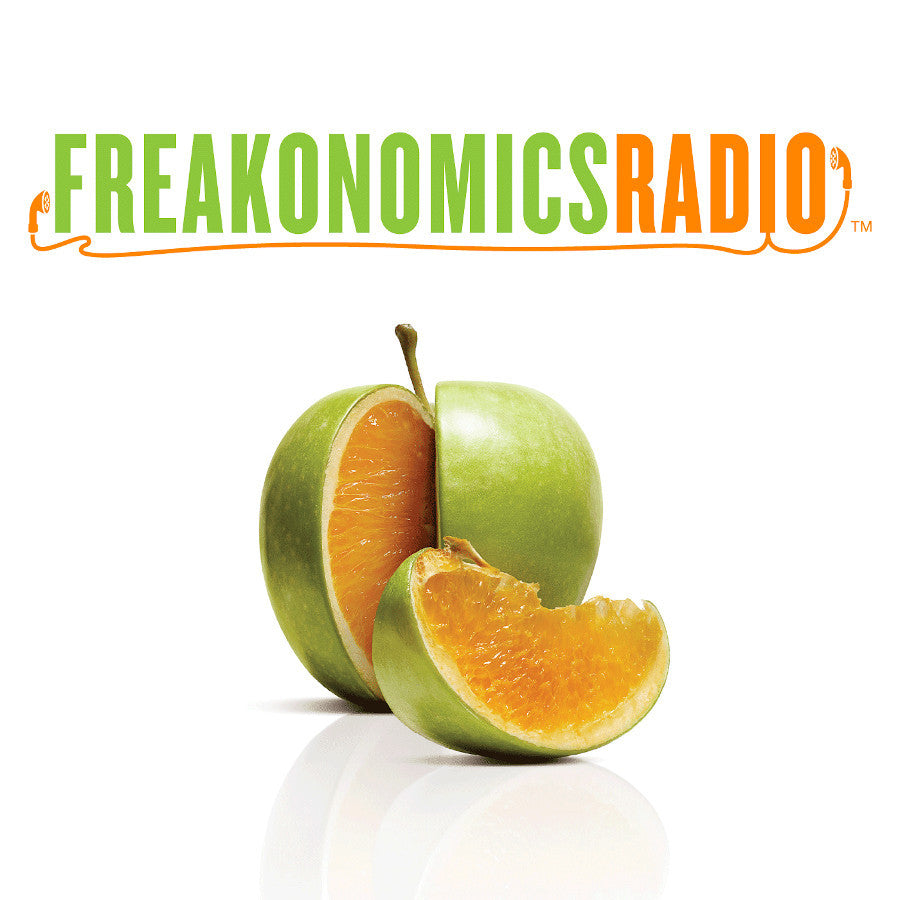By Garth Brown
I was included in last week’s episode of the Freakonomics podcast, titled “What Happens When Everyone Stays Home to Eat?” I very much enjoyed it, and I appreciated the skillful use of a non-expert (me) to frame an in depth discussion between actual experts (everyone else). I agree with the conclusion that, while we are all experiencing some effects of a stressed supply chain like a lack of toilet paper and flour, suppliers are quickly shifting to increase the availability of these items.
I’m a little bit more worried about the availability of meat. Some of the largest slaughterhouses in the country are shutting down, and this will necessarily make it harder to keep supermarkets stocked up. To be clear at the outset, I do not know how widespread this will be, and given the massive surplus of calories produced by U.S. farms, I don’t think anyone will go hungry as a result of total food shortages.
But slaughtering and processing is an incredibly concentrated industry in the United States, so the closure of just a handful of plants represents a huge share of the market. Further, the nature of the job places hundreds of workers elbow to elbow and requires them to move at a relentless pace, meaning industrial slaughterhouses would be difficult places in which to stop the spread of a virus.
It makes sense to close down, at least until reasonable testing and prevention protocols can be put in place. However, shuttering these plants has big knock on effects. Processing issues explain why grocers can be raising prices and running low on items even as farmers are dumping milk or being forced to accept extremely low prices for their cows. The problem is not scarcity, it is processing and distribution.
Though I’m a small farmer, I am often skeptical of claims that a more distributed food system is the solution to every problem. There are benefits, both efficiency and insurance against regional shortages, to have a network capable of moving food great distances. But this is a circumstance where concentration is clearly a problem. More numerous, smaller processors would be able to respond to the current crisis with far less disruption. For example, the slaughterhouse I use has good working conditions and is very proactive about safety. If there were hundreds more like it instead of a few giants it would be possible to blunt the worst impacts of coronavirus or any similar disruption.
For the moment that more resilient world is only imaginary, and so there are no obvious solutions other than to make it through with the intention of a clear-eyed reevaluation of all sorts of systems when things settle down. Hopefully, what Cairncrest Farm and others like it are doing in this moment will be a model for the future of farming.

